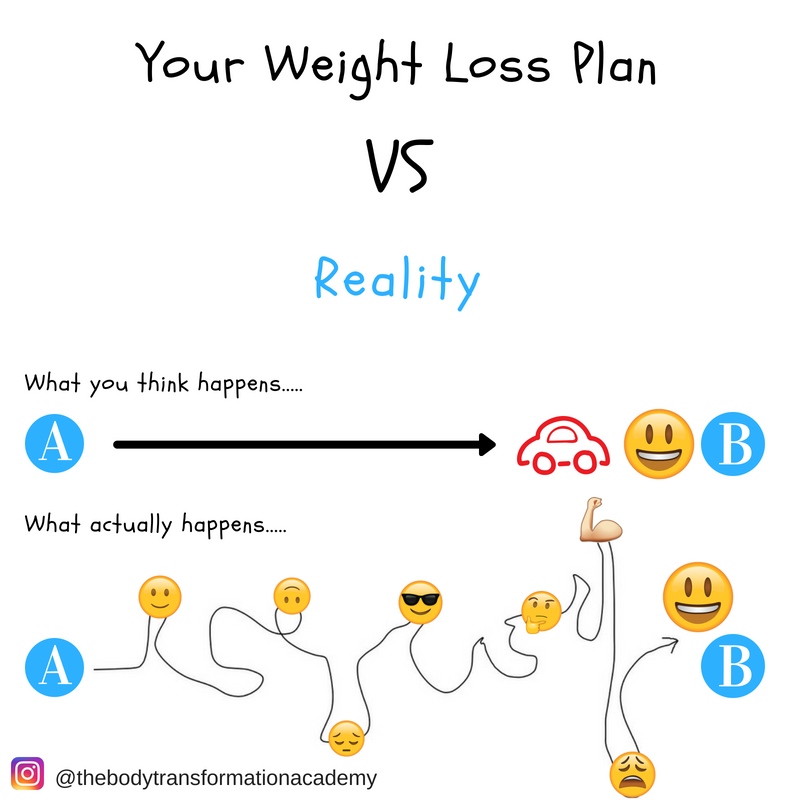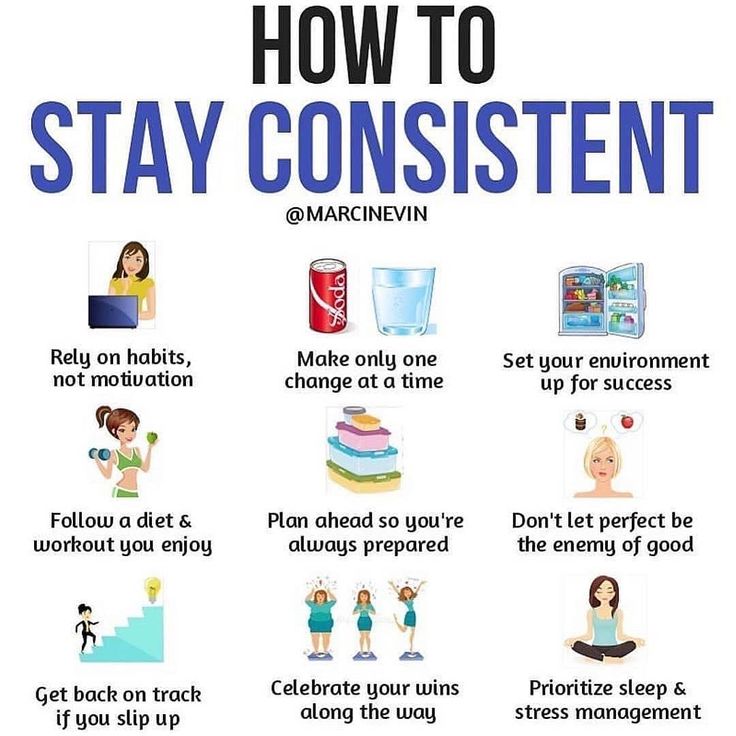
Deal with Weight Loss Setbacks
Deal with Weight Loss Setbacks: Tips for Overcoming Challenges. Struggling to stay on track? Learn how to deal with weight loss setbacks with simple tips to glow natural wellness. Overcome challenges & stay motivated on your journey!

Identifying the Causes of Weight Loss Setbacks to glow natural wellness
To effectively deal with weight loss setbacks, it is crucial to first identify their root causes. Common reasons can range from emotional eating, stress, hormonal changes, to unrealistic expectations. Emotional eating often arises when individuals try to cope with feelings of sadness or anxiety by consuming comfort food. Stress can trigger the release of cortisol, a hormone that may increase appetite & lead to cravings for unhealthy snacks.
Hormonal fluctuations, especially in women, can significantly impact weight and lead to unexpected challenges. Setting realistic expectations is also key; many individuals hope to achieve quick results, which can set them up for disappointment and frustration. By analyzing these factors, individuals can develop a strategy that addresses specific setbacks, leading to a healthier approach to weight loss.
- Emotional Eating
- Stress & Hormonal Changes
- Unrealistic Expectations
Creating a Flexible Weight Loss Plan
When considering how to effectively deal with weight loss setbacks, one effective strategy is to implement a flexible weight loss plan. A rigid plan can lead to failure during unavoidable circumstances; thus, adaptability is key. This means incorporating a variety of foods instead of restricting oneself to a narrow diet. It also involves adjusting workout schedules to fit personal life fluctuations. For instance, if you miss a workout day due to unforeseen events, allow yourself to make up for it later in the week instead of feeling guilty. Incorporating scheduled ‘cheat meals’ can also help in maintaining motivation.
By building flexibility into your weight loss plan, you can enjoy the process more & reduce feelings of deprivation, making it easier to stay on track even during setback periods.
| Flexible Strategy | Description |
|---|---|
| Variety of Foods | Include different food types to avoid monotony. |
| Adjust Workout Schedules | Allow changes to workout routines without guilt. |
| Scheduled Cheat Meals | Incorporate cheat meals to maintain motivation. |
Building Mental Resilience
Mental resilience plays a foundational role in how well individuals can deal with weight loss setbacks. Developing a positive mindset can greatly influence your ability to overcome challenges. Techniques such as mindfulness & positive affirmations can foster resilience. Mindfulness encourages you to be present & aware of your thoughts & feelings, which can help counter emotional triggers that lead to overeating. And another thing, repeating positive affirmations can reshape your mindset, allowing you to maintain focus on your goals despite temporary failures. Surrounding yourself with a supportive community, whether online or in person, also enhances mental resilience. Sharing experiences & receiving encouragement can reinforce your determination to keep fighting through setbacks.
- Practice Mindfulness
- Use Positive Affirmations
- Engage with Supportive Communities
Setting Realistic Goals & Milestones
Successful weight loss requires setting realistic goals that are attainable & measurable. Instead of aiming for rapid weight loss, focus on a gradual reduction that adheres to health guidelines, typically 1-2 pounds per week. Setting specific milestones can help track progress without the pressure of reaching an ideal weight instantly. Examples of effective milestones might include participating in a fitness event, preparing healthier meals consistently, or obtaining regular check-ups with a health professional. By shifting focus from the end result to smaller milestones, the process becomes more manageable. Celebrating these achievements promotes a sense of accomplishment, motivating individuals to stay on course despite challenges.
| Goal Type | Example |
|---|---|
| Weight Loss | Reduce 1-2 pounds weekly. |
| Fitness Milestone | Run 5K in under 30 minutes. |
| Nutrition Goal | Prep healthy meals 4 days a week. |
Tracking Progress & Adjusting Strategies
Keeping track of progress is an essential component for anyone seeking to deal with weight loss setbacks. Regularly documenting meals, workouts, & feelings can highlight patterns & areas needing improvement. Utilizing apps or journals can make tracking convenient & insightful. When setbacks occur, it’s critical to review the information & adjust your strategies accordingly. For example, if weight loss plateaus, reconsidering calorie intake or changing workout routines might be necessary. It’s essential to remain flexible & not feel discouraged when changes aren’t yielding immediate results. The ability to assess your journey & make informed decisions accordingly can make a significant difference in maintaining motivation.
- Document meals & workouts
- Use tracking apps or journals
- Adjust strategies based on data
Utilizing Support Systems
Building a strong support system can dramatically impact your ability to deal with weight loss setbacks. Friends, family, or online communities can provide encouragement during difficult times, reminding you of your goals & why you started. Support systems can help keep you accountable & motivated, encouraging you to stick to your plan even when faced with challenges.
Participating in group activities, such as workout classes or support groups, can also forge connections with others who share similar goals. Engaging with a professional, such as a nutritionist or a weight loss coach, can provide additional guidance & personalized strategies to enhance your weight loss journey. Their expertise can assist you in overcoming specific hurdles when setbacks arise, ensuring you continue progressing.
| Support System Type | Benefit |
|---|---|
| Friends & Family | Encouragement & accountability. |
| Online Communities | Shared experiences & tips. |
| Professional Guidance | Personalized strategies & support. |
Learning from Setbacks
Each setback encountered during weight loss can be viewed as a learning opportunity. Success largely hinges on how individuals respond to challenges. It’s vital to analyze what triggered a setback without harsh self-judgment. Perhaps a stressful week led to less exercise or temptation for unhealthy snacks. Recognizing these triggers can help in formulating strategies to avoid them in the future. And don’t forget, keeping a growth mindset will allow for a more constructive approach to setbacks, understanding that they are a natural part of the journey. By looking for lessons in each experience, individuals can cultivate resilience & preparation, transforming potential roadblocks into valuable experiences that inform future decision-making.
- Analyze triggers for setbacks
- Avoid self-judgment & embrace growth
- Apply lessons learned to future challenges
Staying Motivated Through Inspiration to glow natural wellness
Finding sources of motivation is crucial when working to deal with weight loss setbacks. This can come from various forms of inspiration, including quotes, books, documentaries, or personal stories. Keeping artful reminders around your home or workspace can constantly reinforce why the journey matters to you. Engaging with motivational content can provide the necessary boost of morale when the road gets tough. On top of that, tracking your progress visually, through charts or before-and-after photos, can serve as a powerful reminder of how far you’ve come. Embracing inspiration can help you hold on during challenging times & maintain focus on long-term success.
| Source of Inspiration | How it Helps |
|---|---|
| Quotes | Provide daily motivation & perspective. |
| Books & Documentaries | Showcase stories of resilience. |
| Visual Reminders | Reinforce your goals & progress. |
Reflecting on Personal Experiences
My own experience in learning to deal with weight loss setbacks has been quite illuminating. Initially, I would get discouraged with every small lapse, leading me to abandon my journey altogether. Be that as it may, I soon realized that setbacks are a natural part of any endeavor. By acknowledging & analyzing these hurdles, I learned more about my habits & triggers. Now, I approach challenges with a mindset of curiosity rather than defeat. This shift has greatly improved my resilience & overall progress. Each setback has become a step to greater awareness & has equipped me with the tools necessary to keep moving forward.
“Setbacks are a part of your journey & should never define it.” – Destin Stamm
Incorporating Healthy Lifestyle Habits to glow natural wellness
Adopting healthy lifestyle habits is integral when aiming to deal with weight loss setbacks effectively. Instead of focusing solely on restrictive dieting, it’s essential to incorporate sustainable habits that promote overall well-being. This includes maintaining a balanced diet rich in whole foods while allowing for occasional treats, ensuring you enjoy a wide variety of nutrients.
Regular physical activity should also be a priority; find enjoyable exercises, whether it’s yoga, cycling, or dancing, rather than forcing yourself into a regime you dislike. And don’t forget, ensuring adequate sleep & managing stress through relaxation techniques or hobbies can significantly affect your ability to progress in your weight loss journey. Prioritizing your overall health can lead to a more fulfilling experience while promoting weight loss.
- Maintain a balanced diet
- Engage in physical activities you enjoy
- Prioritize sleep & stress management
Developing a Post-Setback Plan
Having a post-setback plan is essential for successful weight loss management. To effectively deal with weight loss setbacks, create a strategy that can be implemented as soon as you hit a bump in the road. This plan might involve reviewing previous strategies to identify what has worked best & what hasn’t. It may also include recommitting to your goals, perhaps by re-evaluating your current trajectory & making necessary adjustments.
Write down motivational reminders or schedule check-ins with a support group to reinforce your commitment. Planning for potential setbacks ahead of time can lessen their impact & keep you focused on long-term goals. By taking proactive steps, you define how you will respond to setbacks rather than allowing them to steer your course.
| Post-Setback Strategy | Description |
|---|---|
| Review Previous Strategies | Identify successful & unsuccessful approaches. |
| Recommit to Your Goals | Make necessary adjustments to your plan. |
| Schedule Check-Ins | Engage with support groups for motivation. |

What are common weight loss setbacks?
Many people experience setbacks such as plateaus, cravings, emotional eating, or unexpected life changes that can disrupt their weight loss journey. Identifying these triggers is the first step in overcoming them.
How can I stay motivated during weight loss setbacks?
Staying motivated can be challenging during setbacks. Setting small, achievable goals, celebrating progress, & seeking support from friends or professionals can help maintain motivation through difficult times.
What should I do if I’m not losing weight anymore?
If you’re experiencing a weight loss plateau, assess your current routine. Consider adjusting your diet, increasing physical activity, or re-evaluating your caloric intake. Sometimes, small changes can reignite weight loss.
How do I handle emotional eating when facing the challenges of weight loss setbacks?
To manage emotional eating, practice mindfulness techniques such as journaling your feelings or identifying triggers. Finding healthier coping mechanisms, like exercise or talking to someone, can also help.
What kind of support can I seek during weight loss challenges?
Support can come from various sources, including family, friends, support groups, or professional counseling. Engaging with a community can provide accountability & encouragement during weight loss difficulties.
Are there specific strategies to overcome weight loss plateaus?
To overcome plateaus, consider changing your exercise routine, incorporating strength training, or reassessing your caloric intake. Sometimes, a brief break or a reset can also stimulate progress.
How can I regain focus & commitment after a deal with weight loss setbacks?
Regaining focus involves reflecting on your goals, understanding the reasons for the setback, & strategizing for the future. Re-establishing a routine, setting new goals, or practicing self-compassion can be beneficial.
What are the best practices to ensure long-term weight loss success?
Long-term success often requires a balanced approach including healthy eating, regular exercise, & lifestyle changes. Emphasizing sustainability & flexibility in your plan can help you stay on track.
Is it normal to feel discouraged when facing weight loss setbacks?
Yes, it’s completely normal to feel discouraged during setbacks. Recognizing these feelings as a part of the journey can help you approach them with understanding, rather than frustration.
What role does self-compassion play in overcoming weight loss setbacks?
Self-compassion is crucial as it allows you to treat yourself with kindness during tough times. Embracing self-compassion helps to reduce stress & promotes resilience, aiding in overcoming challenges.

Dealing with weight loss setbacks can be tough, but remember that everyone faces challenges on their journey. The key is to stay positive & keep pushing forward. Use the tips shared to help you bounce back, whether it’s seeking support from friends or setting smaller, achievable goals. When you learn how to deal with weight loss setbacks, you’ll find it easier to maintain your motivation. So, don’t be too hard on yourself; every step counts, & progress takes time. Keep believing in yourself & celebrate your victories, no matter how small, as you deal with weight loss setbacks along the way.


